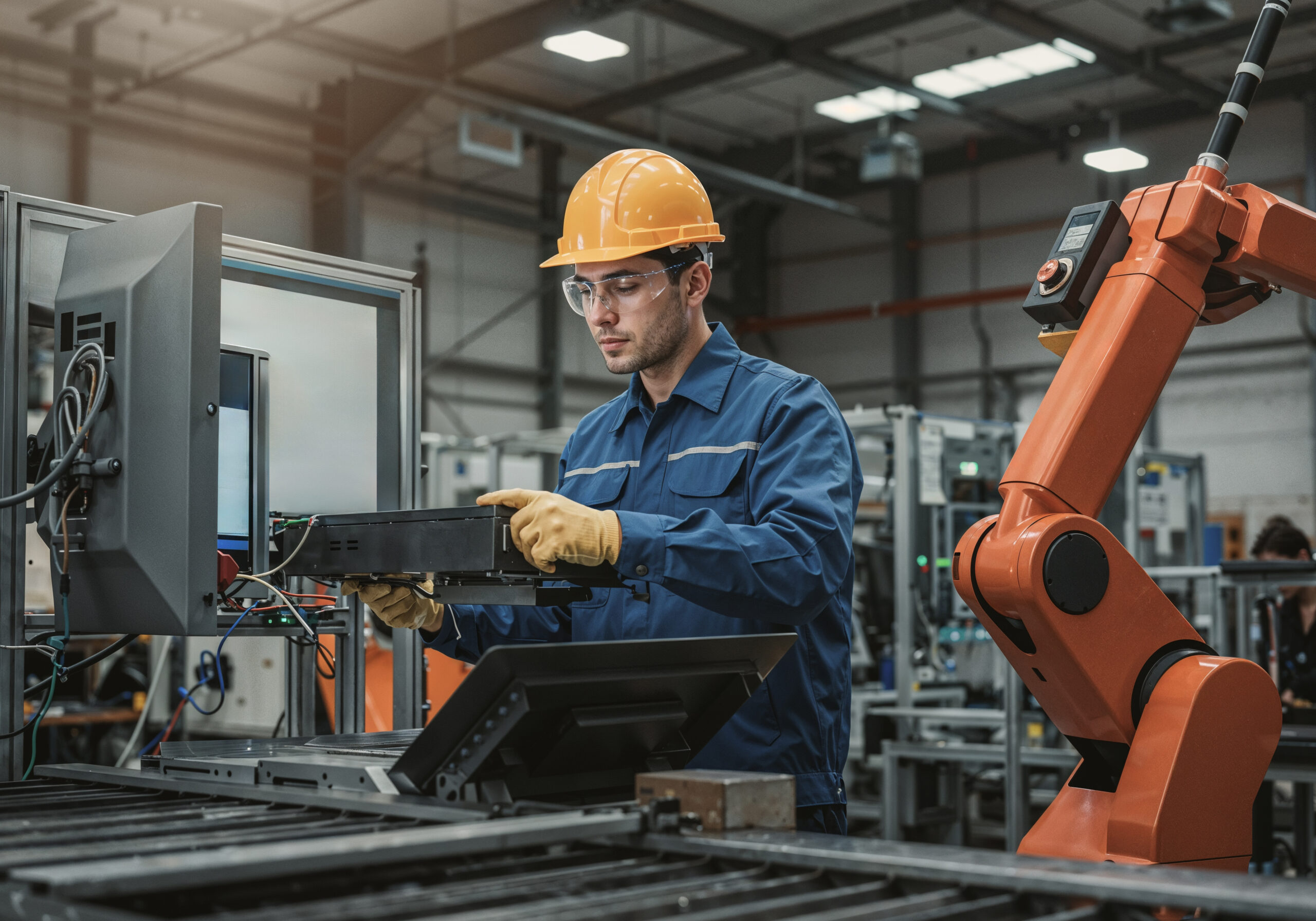
An industrial control panel is the heart of automated systems, driving the efficiency and reliability of machines and processes in countless industries. This critical component is designed to control, manage, and monitor equipment, ensuring seamless operations in environments where precision and uptime are vital. Whether you’re running a manufacturing line or maintaining a water treatment facility, the right industrial control panel can make the difference between chaos and peak performance.
What is an Industrial Control Panel?
An industrial control panel is a collection of electrical circuits, equipment, and devices housed in an enclosure. It is used to control and automate various processes by integrating components like circuit breakers, relays, programmable logic controllers (PLCs), and human-machine interfaces (HMIs). These panels serve as the central command hub for machines and systems, sending instructions and receiving data to ensure optimal performance.
Control panels are designed to comply with strict industry standards, ensuring they provide safe and reliable operation. Advanced industrial control panels, like those offered by Xtreme Automation LLC, are tailor-made to meet the specific requirements of diverse industries, from food processing plants to chemical production facilities.
Why are Industrial Control Panels Important?
Industrial control panels play a vital role in minimizing downtime and maximizing productivity. Here’s why they are indispensable:
- Centralized Control: Control panels bring all controls and monitoring functions into one space, enabling operators to efficiently manage equipment.
- Safety Assurance: They incorporate critical safety features, such as circuit protection and emergency shutoffs, reducing risks for workers and machinery.
- Precision and Quality: Advanced automation capabilities through PLCs and HMIs guarantee consistency and accuracy in production processes.
- Energy Efficiency: By optimizing processes, they help reduce unnecessary energy consumption, cutting costs and environmental impact.
Key Components of an Industrial Control Panel
1. Programmable Logic Controllers (PLCs)
PLCs are the brains of the panel, executing pre-programmed instructions to control machinery. Adaptable and highly customizable, they’re ideal for a wide range of applications.
2. Human-Machine Interfaces (HMIs)
HMIs allow operators to interact with the system visually. Through screens and input devices, operators can monitor data and make adjustments in real time.
3. Power Supplies and Circuit Protection
These components ensure stable power flow and safeguard sensitive equipment from electrical faults such as surges or short circuits.
4. Relays and Contactors
These elements handle the switching of electrical loads, ensuring equipment operates reliably and on demand.
5. Communication Modules
These modules enable seamless communication between the control panel and connected devices or networks, supporting the rise of Industry 4.0.
Benefits of Industrial Control Panels
Investing in a high-quality industrial control panel brings immense advantages, such as:
1. Reduced Downtime
By integrating adaptive controls and real-time diagnostics, these panels help predict and prevent unexpected system failures.
2. Improved Productivity
Automated processes boost output while maintaining production quality, allowing businesses to scale without compromising efficiency.
3. Customization for Unique Needs
Panels can be designed to meet the unique specifications of specialized industries, making them an invaluable tool across sectors.
4. Cost Savings
Streamlined processes save time and resources, while energy-efficient operations significantly reduce utility expenses.
5. Remote Monitoring and Control
Modern panels with IoT capabilities enable remote operation, allowing managers to oversee operations from virtually anywhere.
Applications of Industrial Control Panels Across Industries
The versatility of industrial control panels makes them indispensable in various sectors. Here are some key applications:
1. Manufacturing
Control panels are used to operate intricate production lines, ensuring precision and consistency in product output.
2. Energy Management
Industries relying on renewable energies, such as solar or wind power, use industrial control panels to regulate energy distribution and system performance.
3. Water and Wastewater Treatment
They are critical in managing pumps, valves, and monitoring systems to maintain water quality and flow consistency.
4. Food and Beverage
From processing to packaging, industrial control panels drive the high-speed, repetitive tasks crucial for this industry while maintaining hygiene standards.
5. Oil and Gas
Harsh environments in oil and gas fields demand durable and reliable control panels to oversee complex operations like drilling and refining.
How to Choose the Right Industrial Control Panel Provider?
When selecting a provider for an industrial control panel, consider factors such as expertise, customization capabilities, and adherence to safety standards. Companies like Xtreme Automation LLC provide top-of-the-line solutions, designed to meet the most challenging demands of modern industries.
The Future of Industrial Control Panels
With the rise of smart factories and Industry 4.0, the role of industrial control panels is becoming even more significant. Advanced technologies like IoT, artificial intelligence, and edge computing will further enhance their capabilities, making operations smoother, more efficient, and highly connected.
Final Thoughts
An industrial control panel is more than just an enclosure of wires; it’s the brain behind the operation of automated processes. Its contribution to safety, efficiency, and innovation makes it a vital investment for industries looking to thrive in today’s competitive landscape. For tailored solutions and reliable installations, partnering with experts like Xtreme Automation LLC ensures you’re equipped to meet the demands of tomorrow.